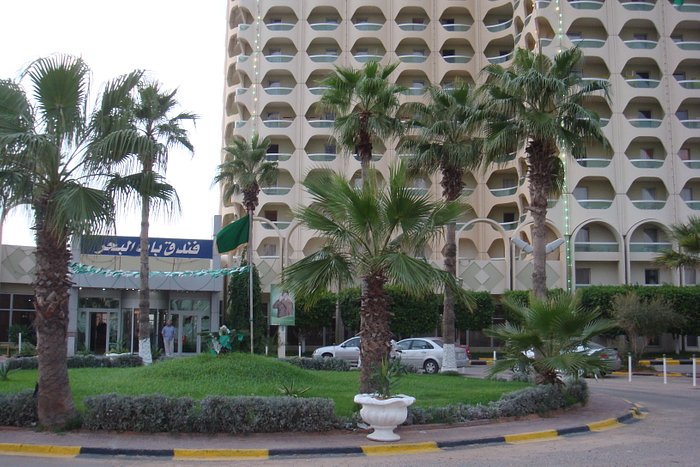Libya
WELCOME TO Libya
Country Overview
Tripoli
1,759,540 km2
6.9 million
Arabic
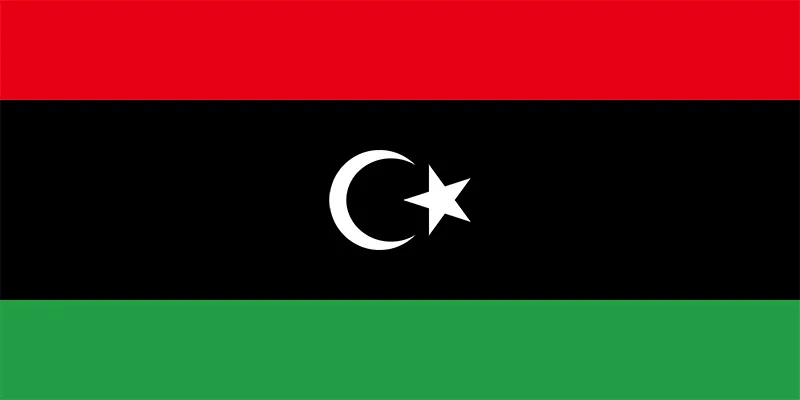
Popular
Geography and Tourist Attractions
Information about the country's tourist attractions, including popular destinations, events, and activities.
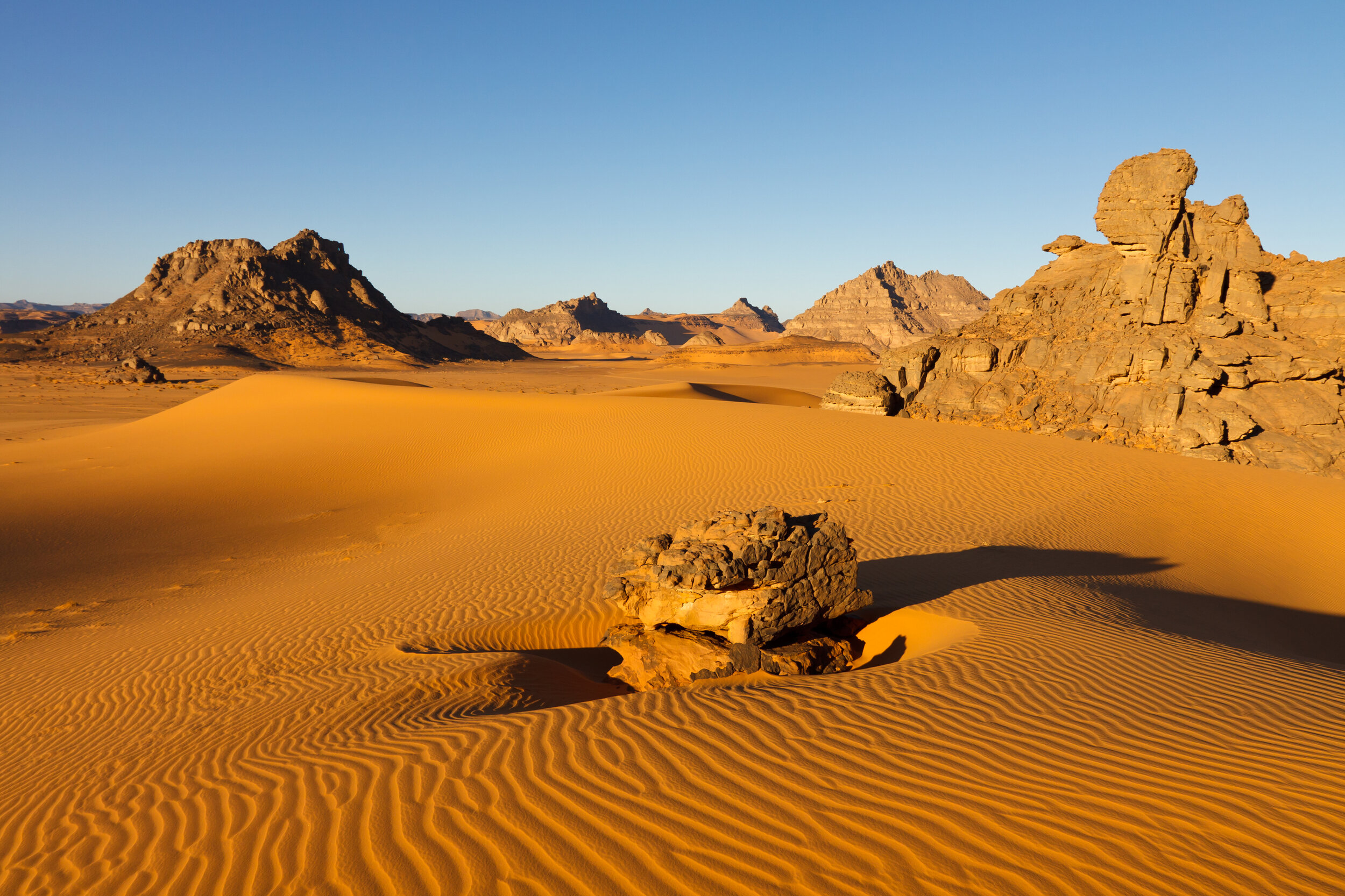
The Sahara Desert
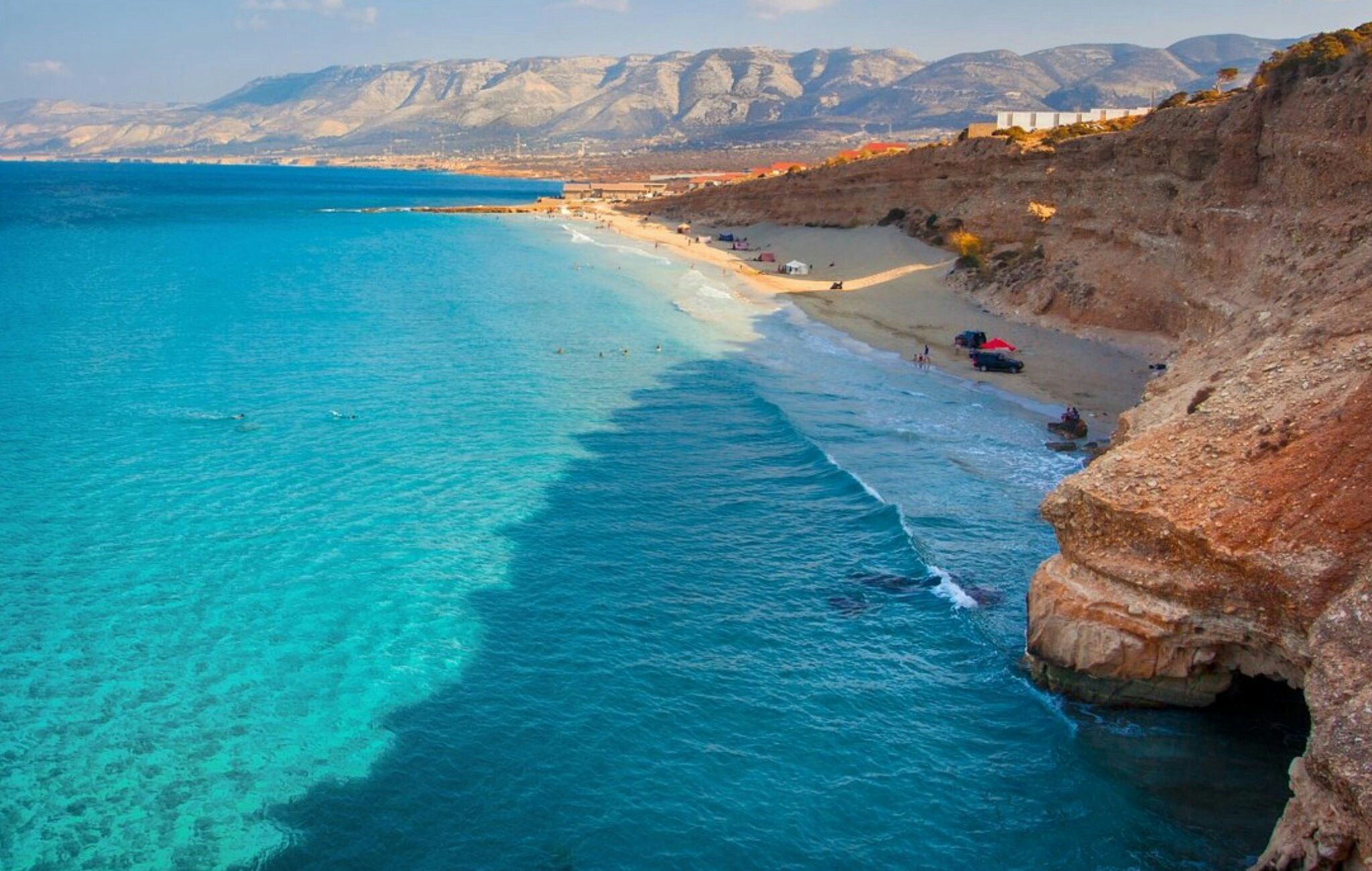
The Mediterranean Coast
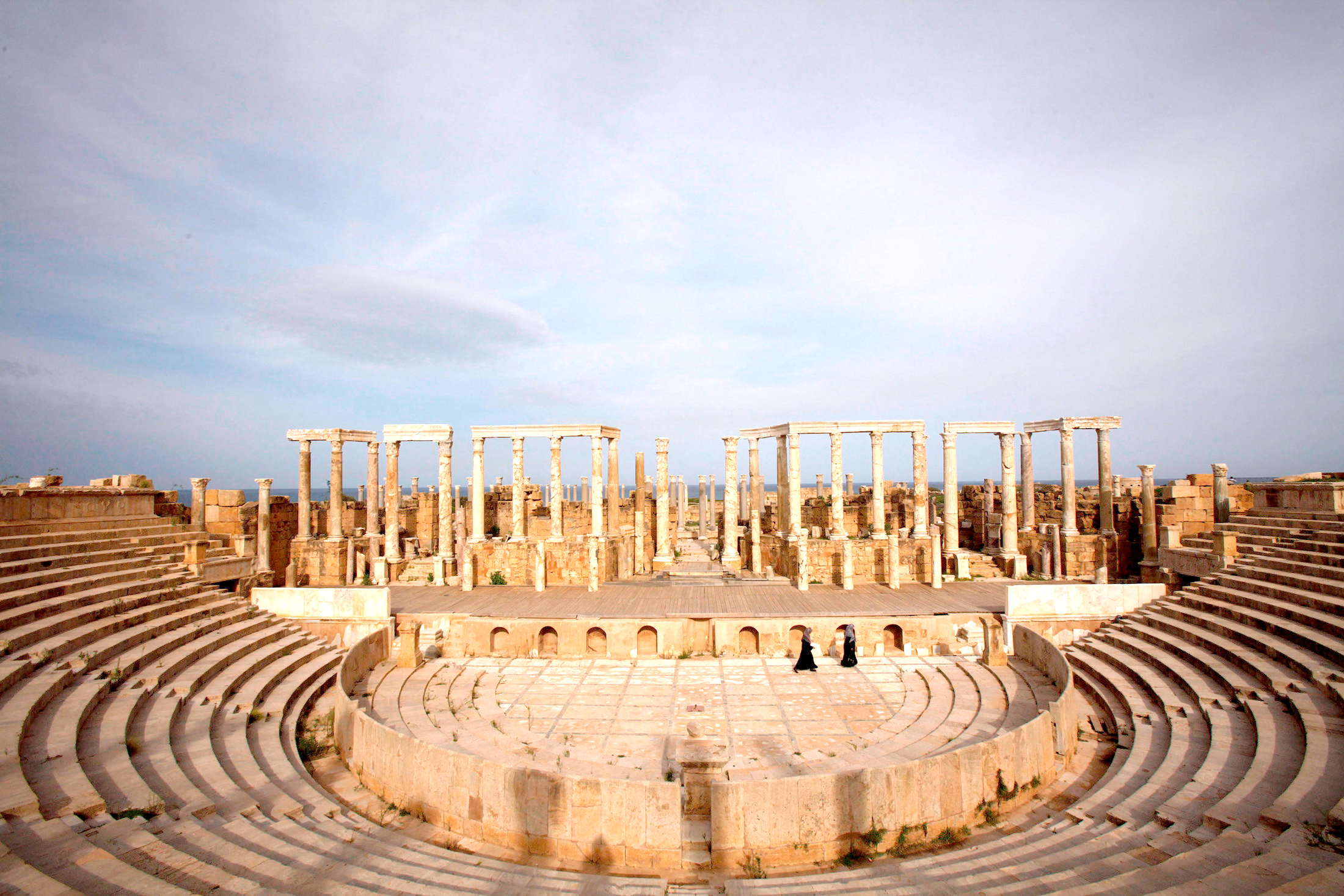
The UNESCO World Heritage Sites
Political
Economy and Government
Libya possesses significant oil reserves, making it heavily reliant on the petroleum sector. Historically, oil exports have been the main source of revenue for the country. However, due to political instability and conflict, oil production and exports have faced disruptions in recent years, impacting the economy. Libya also has potential in other sectors such as natural gas, agriculture, and tourism, although their development has been hindered by the aforementioned challenges.
Libya operates under a transitional political framework. The country has faced a complex political landscape since the 2011 revolution, with multiple factions and competing power centers. The Government of National Unity (GNU) was formed in March 2021 as a result of the UN-led peace process, aiming to unite various political groups. The GNU, based in Tripoli, is responsible for leading the country during the transitional period, preparing for elections, and addressing the challenges of governance, security, and reconciliation.
Efforts to stabilize the political situation and achieve national unity remain ongoing, with the aim of establishing a permanent and stable government that can effectively address the socio-economic needs of the Libyan people and promote long-term development.

History
History and Culture
Libya, a North African country, boasts a rich history and diverse culture that spans millennia. From ancient civilizations to modern influences, the country is a treasure trove of historical and cultural significance. The Phoenicians, Greeks, Romans, Vandals, and Arabs all left their indelible marks on Libya's heritage.
The UNESCO World Heritage Site of Leptis Magna stands as a testament to the Roman influence, with its majestic amphitheater, arches, and sprawling ruins. The ancient city of Cyrene showcases Greek and Hellenistic architectural marvels, including temples, agora, and theaters. Libya's Sahara Desert harbors prehistoric rock art sites, providing a glimpse into the region's early human civilizations.
Libyan culture embraces a fusion of Arab, Berber, and Mediterranean influences. Traditional music, poetry, and dance, such as the Bedouin folk dance 'Al-Razfa,' are cherished cultural expressions. The vibrant souks and bazaars of cities like Tripoli and Benghazi offer a sensory feast with their aromatic spices, handcrafted goods, and traditional attire.
However, Libya's recent history has been marked by political turmoil and conflict. Despite the challenges, efforts to preserve and celebrate the country's rich history and culture continue, emphasizing the importance of cultural heritage as a source of unity and identity. As Libya moves towards stability and progress, its historical and cultural legacy remains a source of pride and inspiration for its people and the world at large.
HOTELS
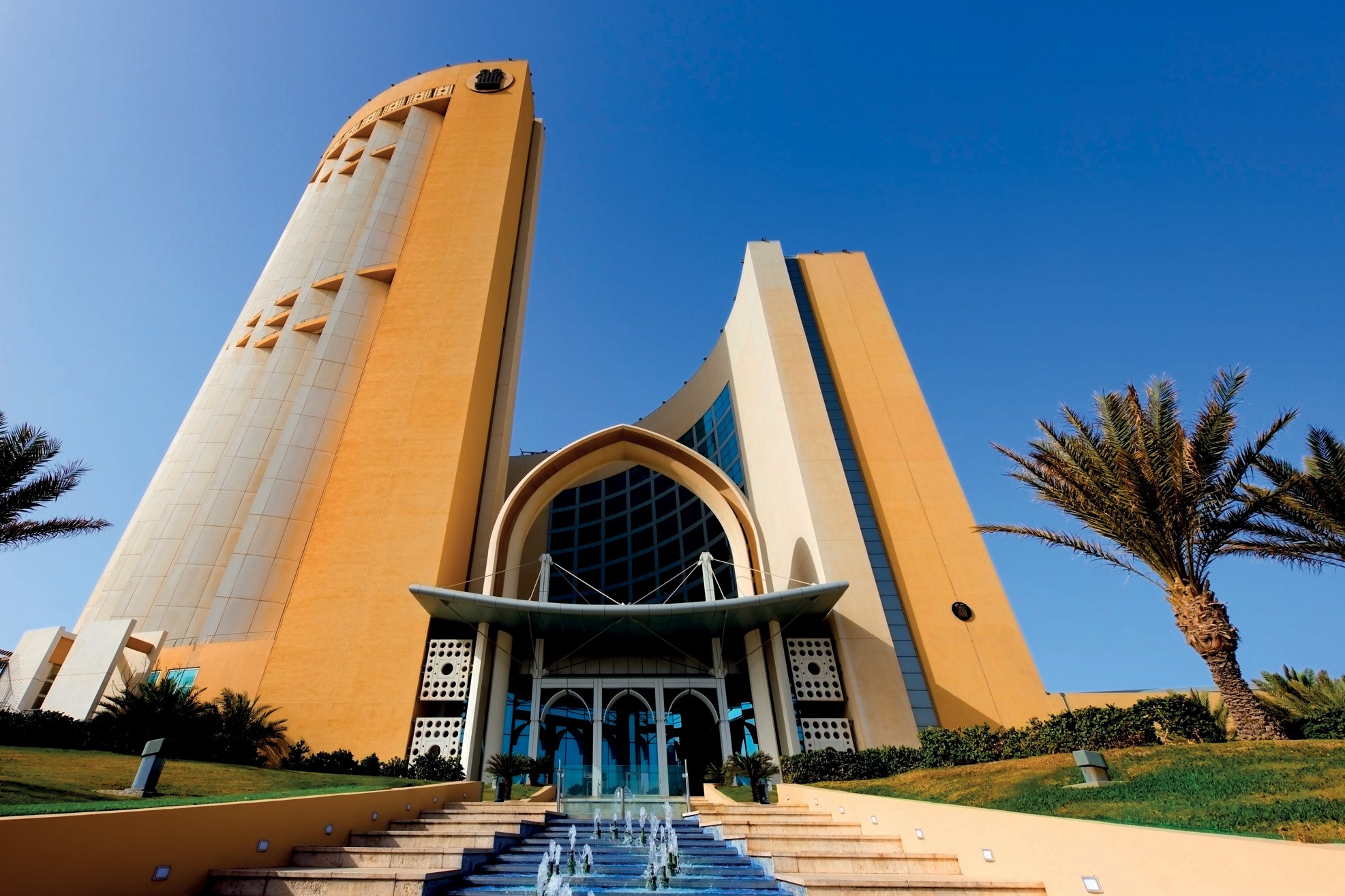
Corinthia Hotel Tripoli
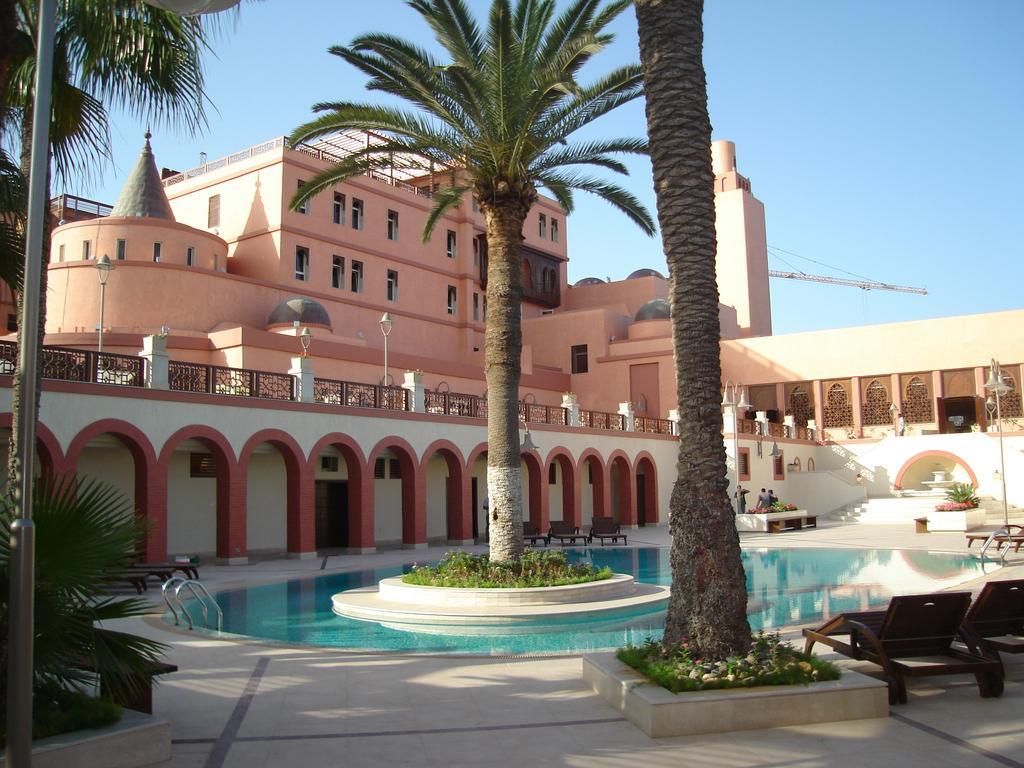
Al Waddan Hotel, Tripoli
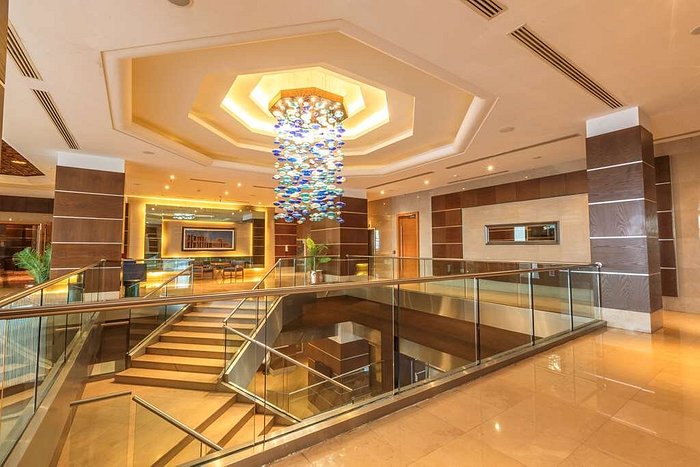
Radisson Blu Al Mahary Hotel, Tripoli
RESTAURANTS

Byblos Restaurant, Tripoli

La Terrazza Restaurant, Benghazi
